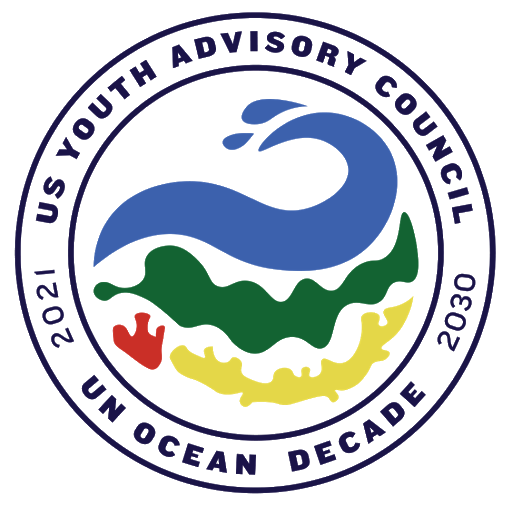
WELCOME TO THE 2021-2030 UN OCEAN DECADE
Yes! You heard us right!! We are finally here, the 2021-2030 United Nations (UN) Ocean Decade! As we swim into the new year, we are full of hope and excitement for what the future holds. The UN Decade of Ocean Science for Sustainable Development is all about reversing the damage to our planet that has created a decline in ocean health.

Storytelling and Marine Conservation: An Interview with Tales for Gaia team
No matter where you are on Earth, every single person has a story to tell about the lives they live. Stories have the power to connect us to each other and to bring about change. They also have the power to make us more emphatic to what is happening around us. This is the beauty and magic of storytelling! Without it, we wouldn’t be humans.

Using Education to Protect Great White Sharks: A Discussion with Marianne Long
The Atlantic White Shark Conservancy is a Cape Cod, Massachusetts based non-profit organization with the mission to support scientific research, improve public safety, and educate the community to inspire white shark conservation. Marianne Long is the Education Director at AWSC. She works with the Education team to create and deliver education programs that engage the public
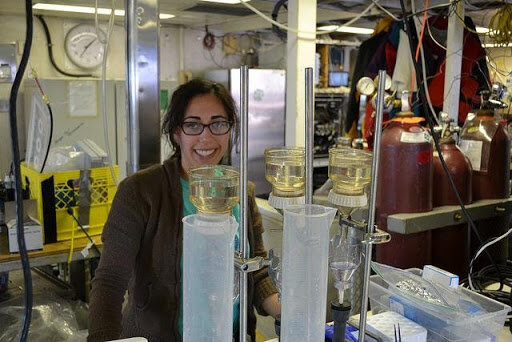
Publication Spotlight – Dinoflagellate metabolism across the central Pacific Ocean
Dinoflagellates are single-celled eukaryotes that are capable of photosynthesis, heterotrophy (eating), or both. They have a few several noteworthy characteristics: they can travel vertically in the water column using their flagella, they are capable of bioluminescence which can light up the ocean at night(!), and some coastal species produce toxins that can harm fish, birds and people.
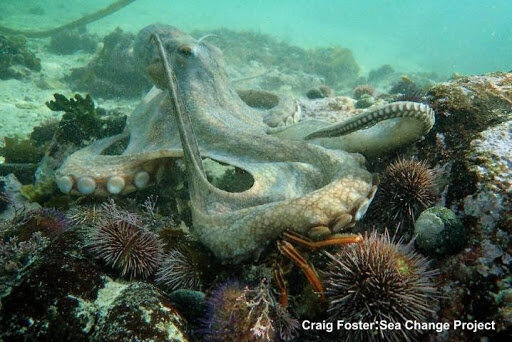
Cephalopod Welfare Ethics and Cognitive Research: Meet Dr Jennifer Mather
Cephalopods, a group of marine Molluscs that includes squid, octopus and cuttlefish are a mysterious and intelligent assortment of invertebrates. Although cephalopods do not come to mind as the ideal laboratory specimen, their distinctive behaviour and intelligence has made them indispensable to research. Meet Dr Jennifer Mather, a University Professor in Psychology from the University of Lethbridge, Canada whose fascination with intelligence in the oceans has led her on an incredible journey into cephalopod welfare, ethics and cognitive research.

Ocean Science in 2020 - 7 News that Will Make You Feel Better about the Past Year.
But here we are, at the start of 2021 (2020 is over, phew), so let’s take a minute to forget about everything that’s gone wrong and think just for a little while, about some of the things that have gone right. Because there are a lot of really great people doing really great things that deserve a bit of recognition too. So sit back (festive beverage optional), relax, and enjoy some of the little wins our big blue friend has achieved this year.
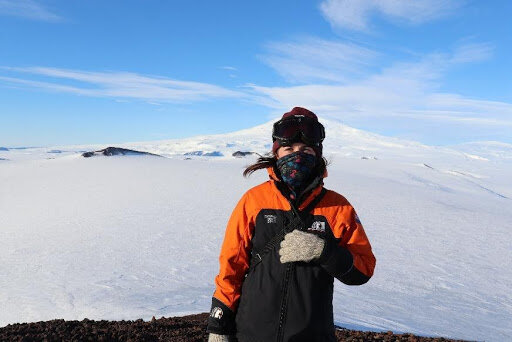
Protecting the Southern Ocean and Antarctica: A conversation with Natasha Gardiner
Magical and full of beauty and mysteries, Antarctica is a frozen wonderland. We spoke with Natasha Gardiner, a PhD researcher at the University of Canterbury in New Zealand where her research focuses on the Antarctic and Southern Ocean science-policy interface.
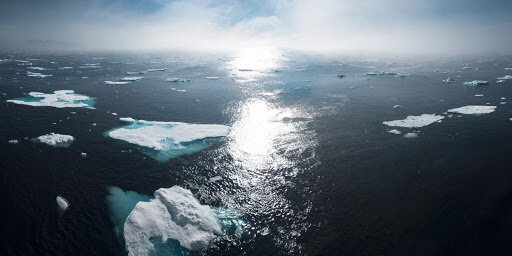
A Brief Overview of Arctic Conservation & Climate Change
The word “arctic” brings to mind ice, glaciers, polar bears, the North Pole and maybe even Santa Claus! This seemingly barren landscape of ice, snow and water is actually home to 5,500 species of wildlife, many of which live beneath the near freezing water (28.8°F, -1.8°C).

Beluga Whales!
Polar regions, (Arctic and Antarctic) cover more than 20% of the Earth’s surface and are home to some of the most extreme and rapidly changing environments. Life can be challenging with bitter cold winds, lasting months of darkness and sub freezing temperatures. A seemingly desolate expanse, the Polar Regions biodiversity has nonetheless evolved to thrive in these extreme climates.
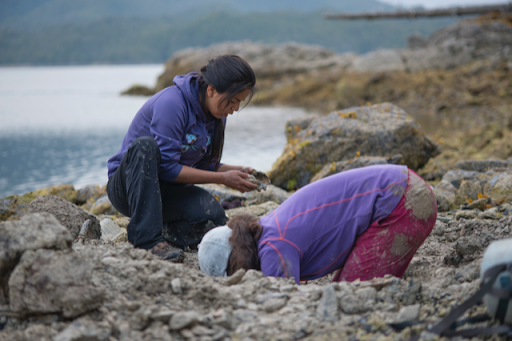
Magical Sea-Gardens and Rethinking Conservation: A conversation with Anne Salomon and Dana Lepofsky
At least 3500 years ago, along the Northwest Coast of North America, coastal First Nations developed a highly productive and sustainable mariculture technique known as clam gardens. We had a conversation with Anne Salomon and Dana Lepofsky, professors and researchers at the Simon Fraser University (Canada).
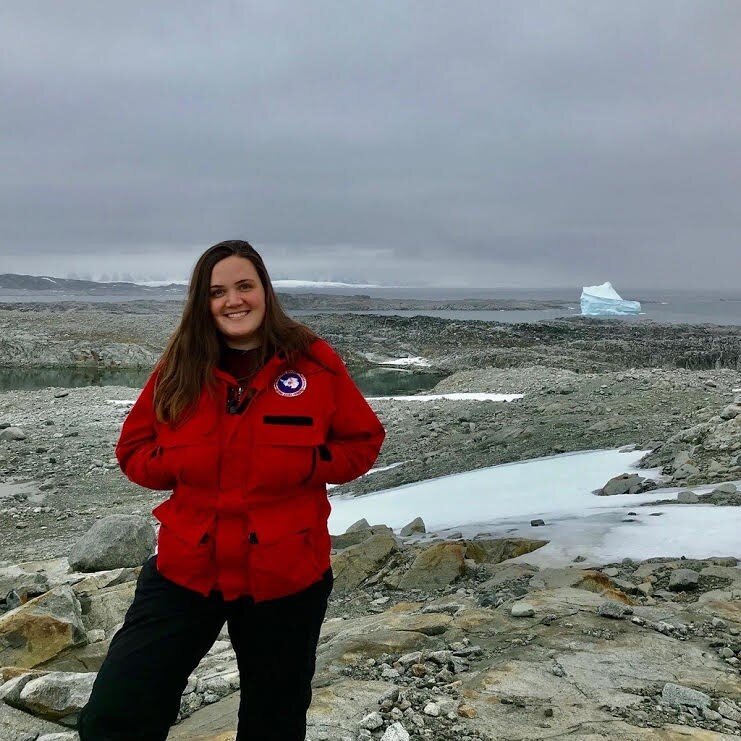
Antarctic Marine Bacteria! - An interview with Beth Connors
Beth Connors is a PhD student in the Bowman Lab for Scripps of UCSD. She is currently spearheading trips to Antarctica where she studies the ecological roles and genomics of heterotrophic (must eat to live) marine bacteria.

Tales of a Coral Aqauarist
A few years and career moves later, I find myself as an aquarist at the New York Aquarium (NYA). For the first time, I can confidently tell people that my job doesn’t feel like “a job”, which is something I have been wanting to find for a very long time. At NYA, I am one of the aquarist who is primarily in charge of the Conservation Hall galleries.
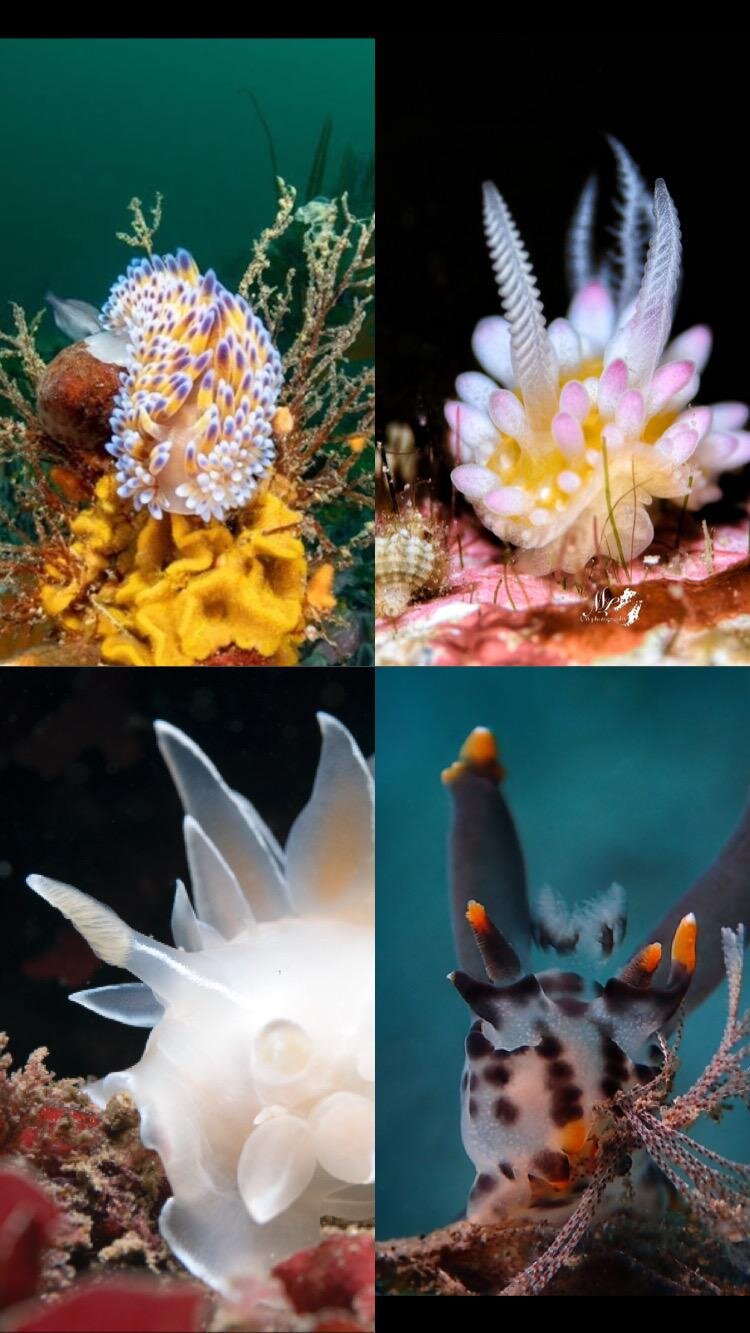
Nudibranch November
Nudibranchs are a tiny ocean wonder and if you’ve never heard of them, you’re in luck because it’s Nudibranch November! Nudibranchs are a very small, colourful and charismatic species found all over the world - you just need to know where to look to find them. The following four female underwater photographers are seasoned in the art of finding and photographing these special animals.
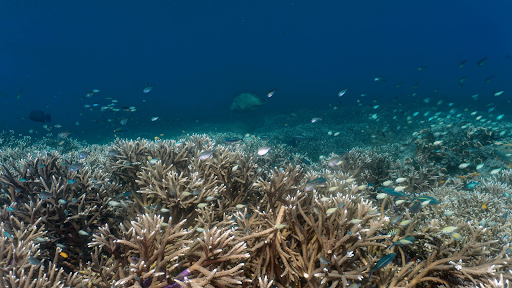
Why should we care about ocean acidification?
Before you begin reading this blog, I would like you to take a few seconds to reflect on the following questions: what does ‘ocean acidification’ mean to you? Do you consider that stressors such as marine plastic pollution need more urgent attention? How visible or invisible is ocean acidification in your life?
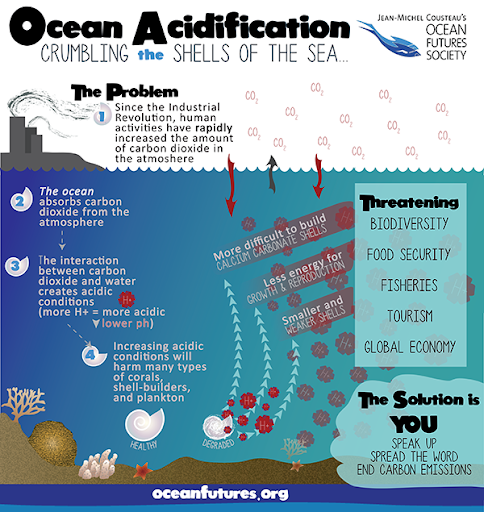
Bye-Bye Bivalves
What covers 75% of the earth and has the ability to deteriorate CaCO3, the same material our bones are made up of? Our oceans!
Here’s the chemistry crash course you didn’t ask for: Acidity is measured in pH on a scale of 0 (most acidic/least basic) - 14(most basic/least acidic). Each number on the scale indicates a 10x difference in acidity or alkalinity. Something with a pH of 1 is 10x less acidic than something with a pH of 0. Liquids become more acidic with the presence of positive Hydrogen Ions (hydrogen with less electrons).

Science and Policy and OA, Oh My! - An Interview with Elly Harrould-Kolieb
Ocean acidification (OA) is a prominent topic in the world of marine conservation. Expert in the science-policy interface of OA, Ellycia (Elly) Harrould-Kolieb spoke to us about her work and experience in this field.
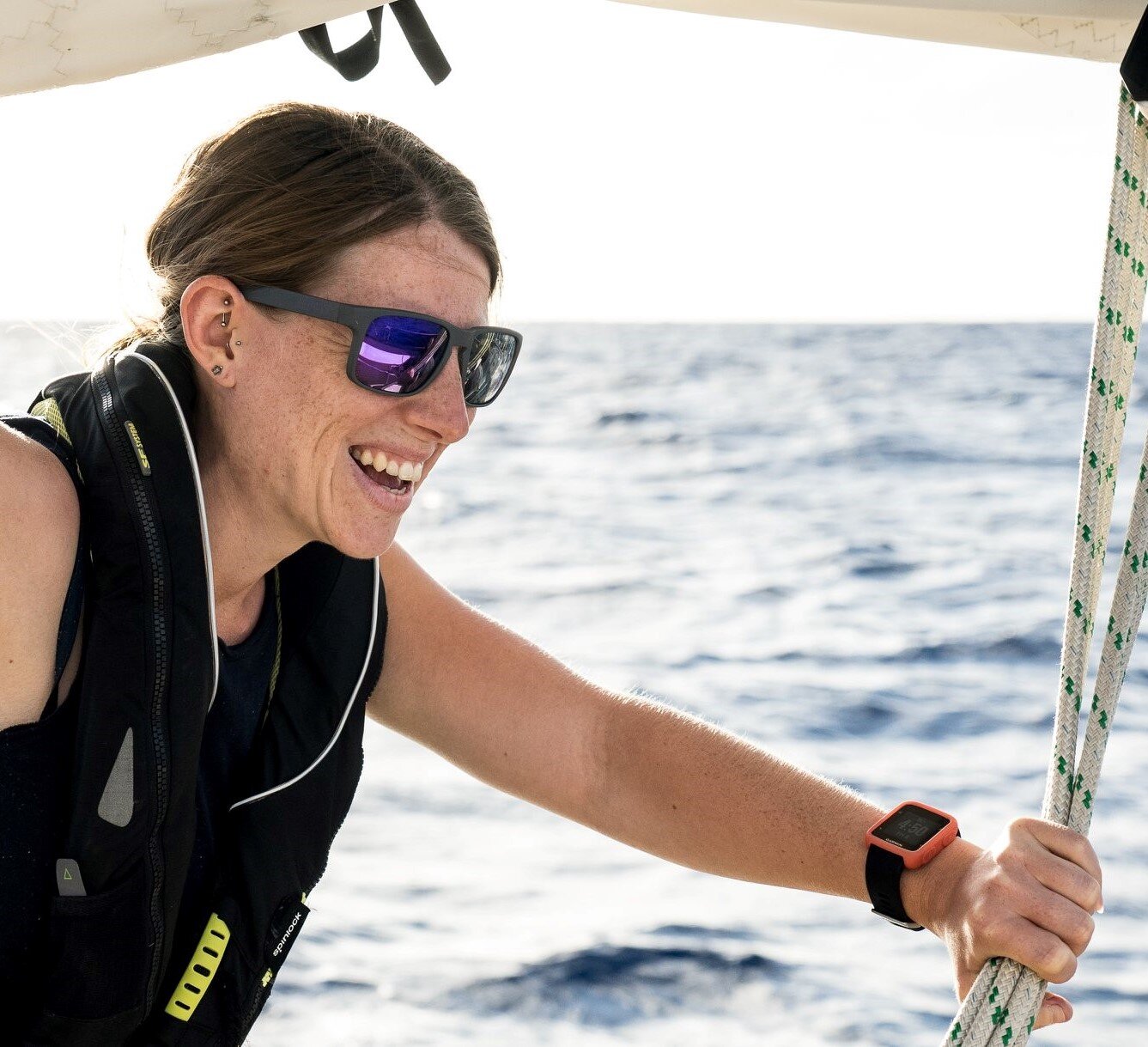
Women in the Lab: An Interview with Dr. Winnie Courtene-Jones, plastic pollution expert
Meet Dr. Winnie Courtene-Jones, a plastic pollution expert working within the University of Plymouth’s International Marine Litter Research Unit, where she leads scientific investigation for eXXpedition, an all-female team sailing around the world researching plastic pollution.
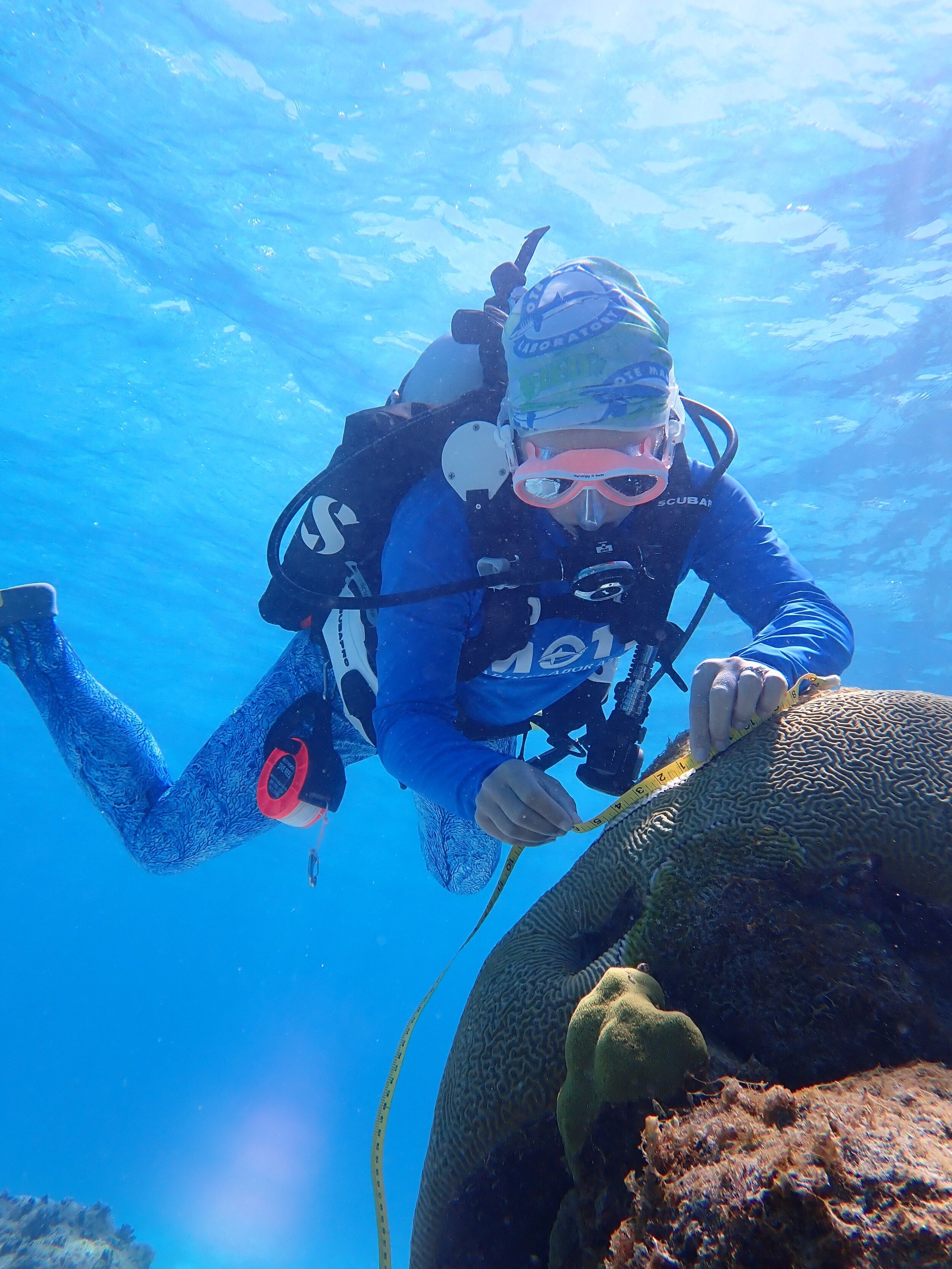
Climate Change, Disease and Sick Corals
‘We have to fight now to preserve what we have left’, says Dr Erinn Muller, a Senior Scientist at Mote Marine Laboratory and Aquarium. Erinn is also the coral Health and Disease Program Manger and an avid SCUBA diver from the U.S.A. She has an extensive background conducting research on coral health, disease and restoration from around the globe, including Florida, Indonesia and Saudi Arabia with a research focus on what makes corals sick and why some corals are more resilient to threats in comparison to others.
